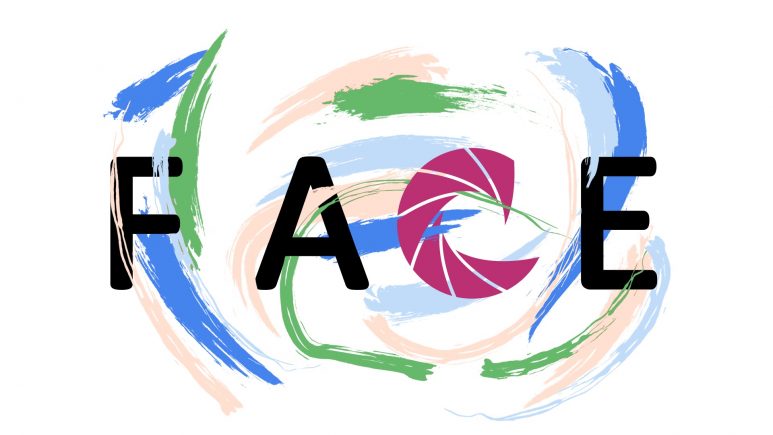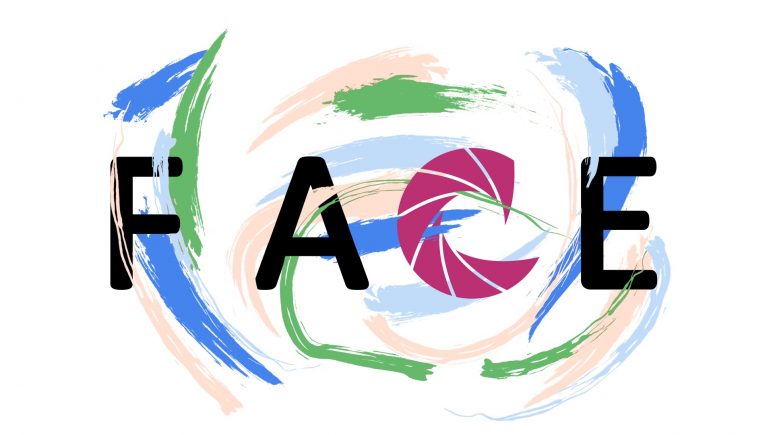FACE, whose acronym stands for Fighting Against Cyberbullying & Exclusion will develop guidelines, materials, networks and multidisciplinary artistic approaches equip parents, youth workers and students to address the issue in their communities.
We developed FACE in response to the rise of cyberbullying and its extreme negative impacts. Earlier this year, the UK’s communications regulator OFCOM found that one in four children experienced a form of online abuse in 2018. Furthermore, they found that 80% of children surveyed said they were involved in a “potentially harmful online experience.” An increase in awareness amongst educators, parents and young people must take place in order to start tackling this problem. FACE recognises the lack of knowledge and tools on how to handle cyberbullying, and aims to fill this gap by working with a variety of stakeholder including youth workers, students, parents and local authorities.
Key Activities:

Project develops guidelines, materials, networks and other artistic & innovative methodologies targeting youth workers, students parents and local authorities to better understand cyberbullying and how to counter its effects.
- FACE ART Strategies Handbook for Youth Workers: This handbook provides youth workers with guidelines and strategies to prevent cyberbullying by using the FACE methodologies. These innovative and artistic methodologies include filmmaking, drama, visual & street arts. Youth workers who will use the handbook which will act as multipliers of those methodologies amongst teens, pupils and within their communities by providing workshops in their local communities. The guidelines will be developed through the transnational cooperation of partners of the project.
- Published: https://face.oonion.eu/handbook-for-youth-workers/
- Guidelines for Parents Handbook: This handbook, targeted to parents of children who may be facing cyberbullying situations. Parents will be able to learn about cyberbullying and to understand how to address situations. It will address methods to raise awareness among children about cyberbullying and prevent abusive behaviours. Moreover, the handbook will offer guidelines on how to handle conversations and deal with young people who have been offended or who have been themselves offenders online.
- Published: https://face.oonion.eu/guidelines-for-parents/
- Recommendations for Local Authorities and Stakeholders: List of recommendations that aims to raise awareness on cyberbullying amongst local authorities and policymakers, partners involved in the FACE project will develop recommendations for leaders at both local and European level to ensure that cyber abuse is clearly defined and addressed with proportionate legal consequences. Published: https://face.oonion.eu/recommendations-for-local-politicians-and-stakeholders/
- Main Activity: Post-school program for teens aged 10 to 17 years old, in all consortium countries: The teens will develop their own projects addressing cyberbullying, using the FACE Art strategies (theatre, drama, filmmaking). Each group of teens (18 groups in total) will complete their own artistic project and submit it during an international contest, taking place in the last months of 2020. The winning group will be offered the opportunity to present their group during the closing international event of the project, that will take place in February 2021 in Malta. Projects submitted by the students will be uploaded on the website and available in English and, when applicable, in the national language of the working group.
Region/Country: Global
Timeframe/Dates: March 2019 – February 2021
Funder: Erasmus+ Programme of the European Union
Lead Partner: European Association for Local Democracy (ALDA)
Partners: MDI Global, Associazione Cittadini Digitali (Italy), GLAFKA (Czech Republic), KITEV Kultur im Turm (Germany), INFODEF (Spain), SOS MALTA (Malta), VEJLE (Denmark), and EMESSE (Morocco)
